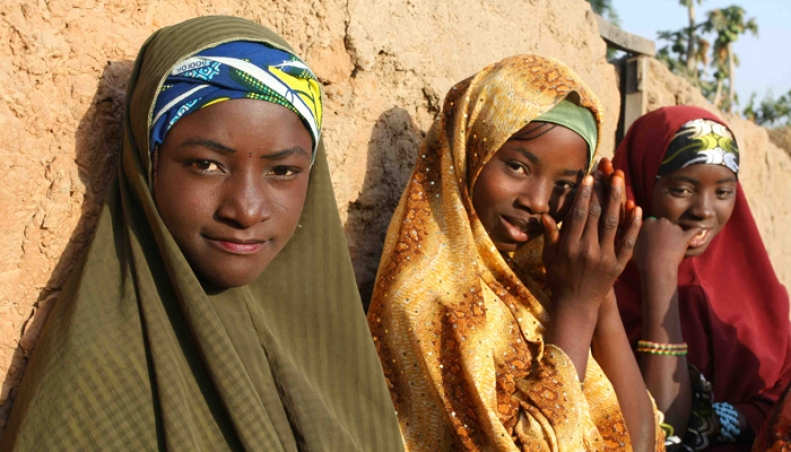Breaking News
Boko Haram: How Students & Teachers In Northern Nigeria Stop School- UNICEF

The activities of the dreaded Islamist sect, Boko Haram, has led to a reduction in girls education in Northern Nigeria according to the United Nations Children’s Fund on Sunday in Abuja .
In commemoration of this year’s “Day of the African Child” quoted the UNICEF Representative in Nigeria, Jean Gough, as saying that “due to security challenges numerous children currently have no access to schools in parts of the North, and particularly the North East.”.
A statement by the agency’s Communication Specialist (Media and External Relations), Mr. Geoffrey Njoku, expressing concern over the security challenges, Nigeria has 10.5 million out-of-school children, the highest number in the world (followed by Pakistan) Adding that about 60 per cent of those children are girls and most of them live in Northern Nigeria.
“Almost 1 out of every 3 primary age children is out of school, and roughly 1 out of 4 junior secondary age children is out of school. Schools have been closed for security reasons, and where schools in the affected areas still function, children and teachers are often afraid to attend. In comparatively safe areas in the North East, schools are often overcrowded, understaffed and have insufficient teaching materials.
“Because of the violence, many parents are unwilling to enroll their daughters or are withdrawing those already in school. We know that girls’ education is vital because educated girls become better mothers, have fewer, healthier children. Every additional year of schooling reduces the probability of child mortality by 5-10 per cent.
“Educated mothers want their children to have better educational opportunities. This would mean more girls enrolling, attending and staying in school, transiting to senior secondary school, and eventually playing more productive social and economic roles within their families and communities.”
The United Nations agency stated that, Girls’ Education Project implemented by UNICEF in the Northern states, with funding from the UK’s Department for International Development, aims at enrolling an additional 1 million girls in school by 2020.
Grassroots’ support is crucial to “overcoming the security and other challenges in order to meet this ambitious goal.”
“Involving local communities in initiatives to safeguard education is crucial in protecting the children. The communities will know the primary concerns of parents, girls and boys. Together they can develop networks for support to keep schools safe,” Gough stated.
UNICEF recalled that the Federal and State Governments have restated their commitments to tackling the issues head on.
“But there is still a long way to go before achieving the Millennium Development goals of quality universal primary education and the elimination of gender disparity in school. Nigeria needs to build on the progress that has been achieved and step up the momentum,” it said.






